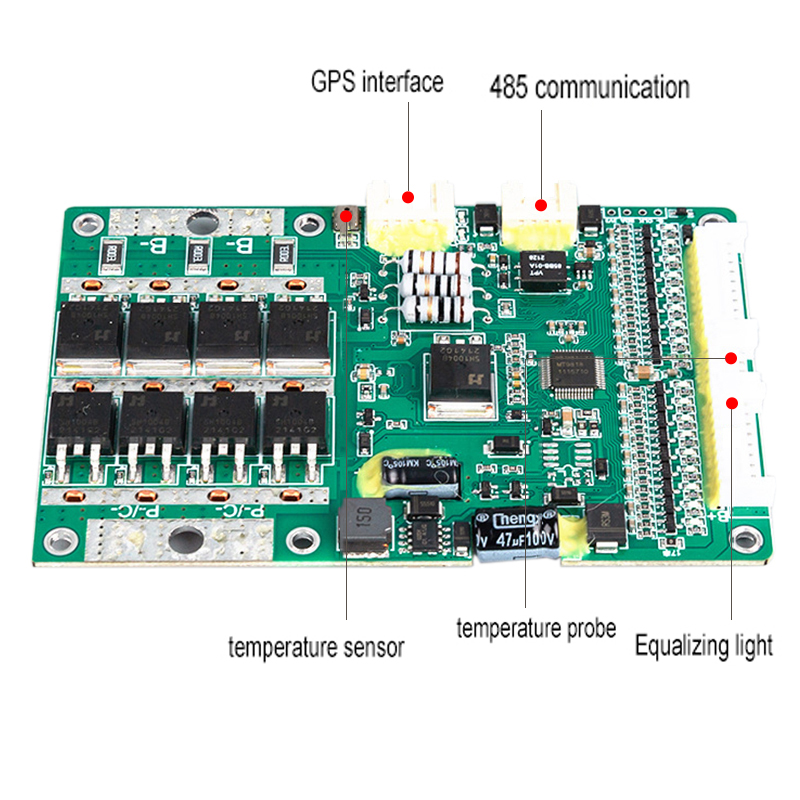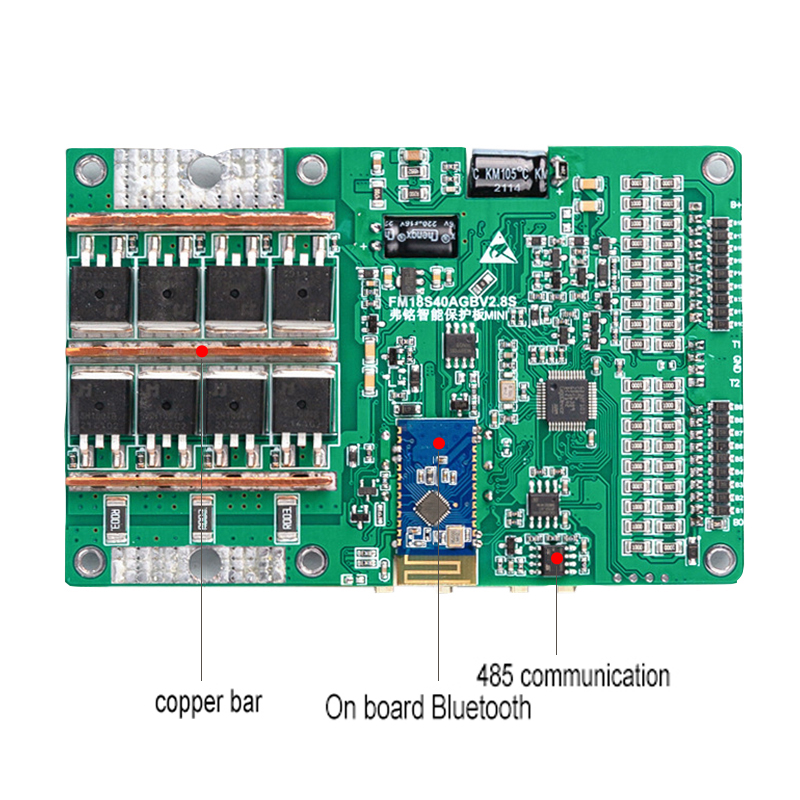As technology advances, the use of batteries has become increasingly prevalent in our daily lives. Batteries power our phones, laptops, and even electric cars. However, with the increase in battery usage, the need for advanced battery management systems (BMS) has also grown.
So, what is BMS, and how does it play a crucial role in maximizing the performance and lifespan of batteries?


A battery management system is an electronic device that monitors and controls the charging and discharging of batteries in order to maximize their efficiency and prolong their lifespan. BMS can be found in many electrical devices, including electric vehicles, grid energy storage systems, and portable electronics.
BMS typically includes a microcontroller unit (MCU), which is responsible for monitoring the battery's voltage, current, and temperature. It also tracks the battery's state of charge (SoC) and state of health (SoH), providing critical data to help optimize battery performance.

In electric vehicles, BMS plays a critical role in ensuring the safety and longevity of the battery pack. The BMS continuously monitors the battery's temperature and voltage and adjusts the charging and discharging process to prevent overcharging or over-discharging, which can lead to battery damage and reduce the battery's lifespan.
Furthermore, in grid energy storage systems, BMS optimizes the performance of large battery banks by managing the charging and discharging processes of each individual battery in the system. By doing so, it ensures that each battery is used to its maximum potential, which can result in substantial cost savings for large-scale energy storage projects.
Apart from electric vehicles and grid energy storage systems, BMS is also widely used in portable electronics. BMS ensures that the batteries used in these devices are charged quickly and safely, without risking damage to the battery or the device itself. It also notifies users when the battery needs to be charged, ensuring that the device is always ready when needed.
In conclusion, the use of batteries has become ubiquitous in our daily lives, powering everything from smartphones to electric cars. However, the performance and lifespan of these batteries are heavily influenced by their management, and BMS plays a critical role in this regard. By monitoring and optimizing the charging and discharging processes, BMS ensures that batteries are used to their maximum potential, resulting in longer lifespan, improved performance, and lower cost.
Post time: May-26-2023











